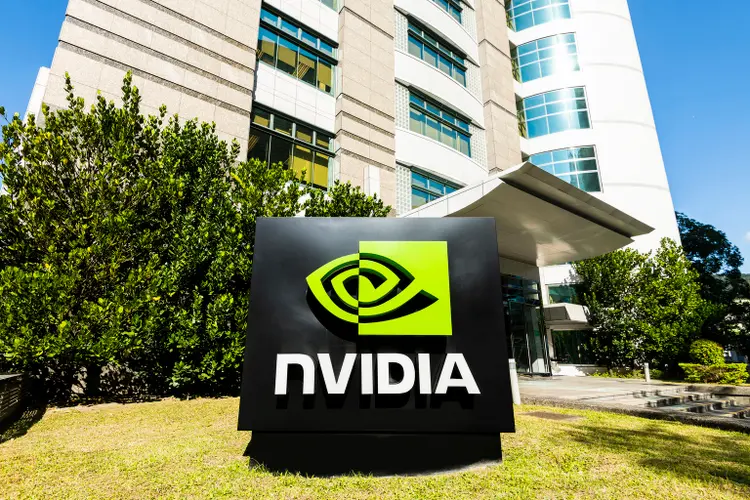lipflip – Nvidia is reportedly developing new AI accelerators based on its Blackwell architecture, exclusively for China. According to sources cited by Reuters, these devices aim to outperform the current H20 model while carefully adhering to U.S. export restrictions.
Read More : SoftBank Investment Sparks Intel Foundry Rumors
One key model, tentatively named B30A, features a single-die design that delivers roughly half the raw compute power of the dual-die B300. Despite its scaled-down core, the B30A retains high-bandwidth memory and the NVLink interconnect, vital for performance. Nvidia plans to send test samples to select Chinese customers as soon as September, pending regulatory approval.
Another upcoming card, the RTX 6000D, targets professional graphics and AI inference workloads. This model uses conventional GDDR memory, providing 1,398 GB/s of bandwidth—just below the 1.4 TB/s threshold set by U.S. export controls in April. Limiting memory bandwidth helps Nvidia comply with legal requirements while offering competitive performance.
These technical adaptations clearly respond to Washington’s efforts to restrict China’s access to advanced AI hardware. The new devices aim to keep Nvidia’s products available in China without violating U.S. laws. Initial shipments of the RTX 6000D are expected to begin in September for select clients.
The development highlights the ongoing tensions between maintaining commercial interests and adhering to geopolitical restrictions. Nvidia balances its need to serve a major market with compliance to export controls that limit technology transfer.
U.S.–China AI Hardware Rivalry and Nvidia’s Strategic Challenges
The U.S. government has recently proposed allowing scaled-down next-generation chips for China, alongside plans to collect a 15 percent tax on chip revenue from Nvidia and AMD’s China-origin sales. However, many lawmakers worry that even limited hardware access could erode the U.S. lead in artificial intelligence.
Nvidia argues that excluding Chinese developers risks pushing them toward domestic alternatives, such as Huawei. While Huawei has made significant advances in AI chips, analysts note it still trails Nvidia in software support and memory bandwidth performance.
Chinese authorities have also publicly questioned Nvidia’s hardware security and discouraged companies from purchasing the H20 accelerator, complicating Nvidia’s sales efforts. Despite these challenges, China accounted for 13 percent of Nvidia’s revenue in the last fiscal year, underlining the country’s critical market importance.
Nvidia says it continually reviews its product offerings to remain competitive within government regulations. The company emphasizes that all products shipped for the China market have full regulatory approval for “beneficial commercial use.”
Read More : Trump Pushes for U.S. Stake in Intel Amid Tech Race
In July, Nvidia resumed H20 sales in China after a suspension earlier in the year. The company’s strategy aims to keep Chinese AI developers engaged while respecting U.S. export rules.
Looking ahead, Nvidia’s ability to innovate within regulatory limits will shape its competitiveness in the world’s second-largest AI market. These China-exclusive Blackwell accelerators represent a careful balance of technology leadership and compliance amid geopolitical challenges.
